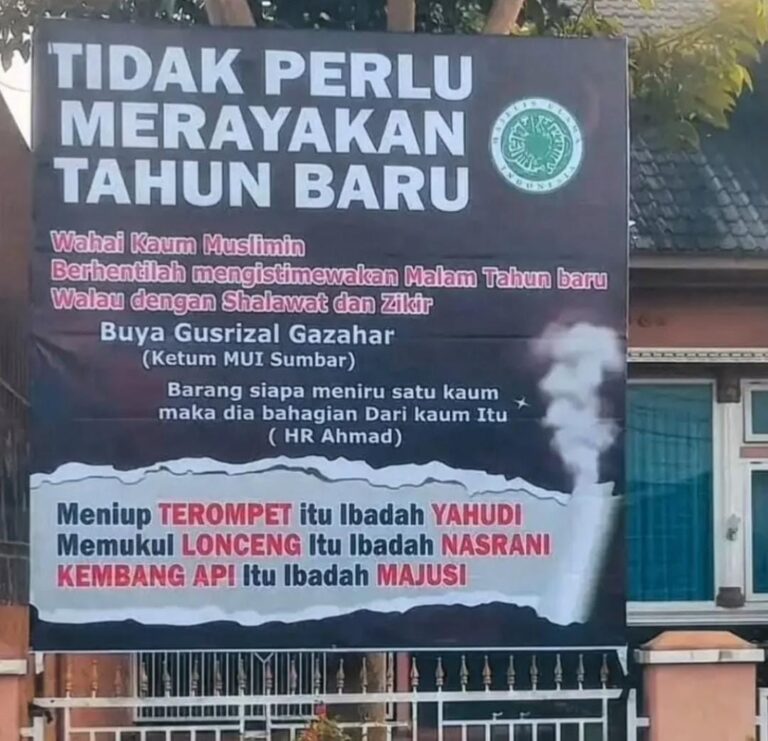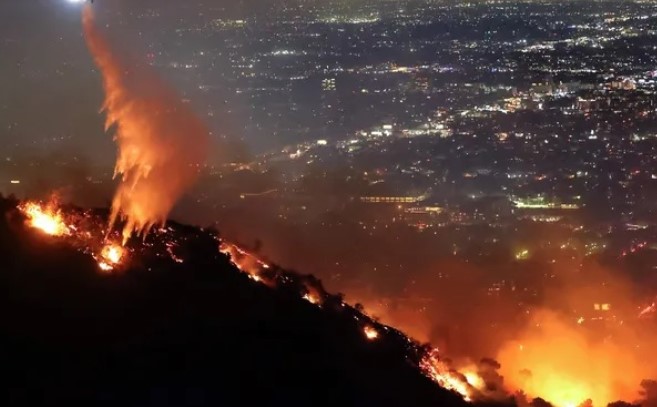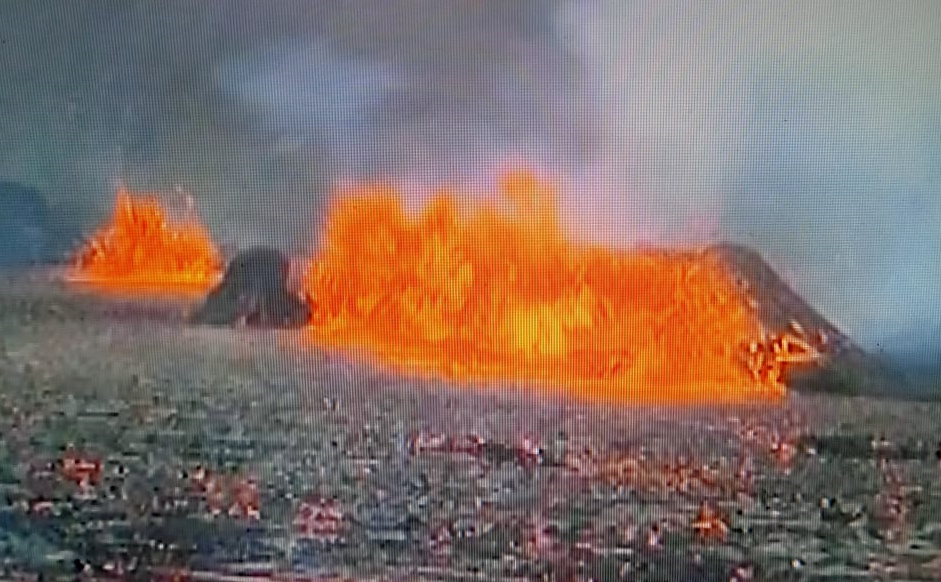
STRATEGIC ASSESSMENT. Our national economies rely on infrastructure with enormous energy demands—cloud-based computing depends on servers cooled by massive cooling systems; huge amounts of coal, oil, and gas are consumed producing steel and concrete; modern agriculture depends on a stable natural environment and is vulnerable to supply chain and logistics interruptions caused by geopolitical and economic crises. Cities are unlivable without resilient modern infrastructure. Accelerating climate change poses a direct threat to every aspect of modern society and the global economy. The effects of the climate crisis are not felt equally around the world. The burdens of responding to climate change are likely to affect security and governance for many years, and risk exacerbating international – and intra-national – inequalities. Many developing countries have been coping with the impacts of climate change for years, as extreme weather events, changing precipitation patterns, and increasing temperatures have exacerbated food insecurity and poverty. The impact of these conditions is often experienced disproportionately by the most vulnerable, many of whom are refugees and internally displaced persons (IDPs) and lack the resources necessary to adapt to an increasingly hostile environment. According to the U.N. High Commissioner for Refugees (UNHCR), climate change serves as a key driver of displacement, with an average of more than 20 million people displaced every year due to hazards resulting from climate change. Such a reality can potentially strain already fragile infrastructure and intensify existing tensions in conflict-affected communities.
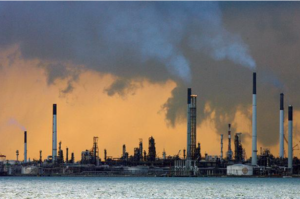
The heat wave that blanketed swaths of Europe this summer is an example of how fast the climate is changing and how slowly societies are responding. In many European cities air conditioning in residential buildings is a rarity, which poses real health risks when extreme temperatures persist for days or weeks. Between July 7 and 19, more than two thousand heat-related deaths were recorded in Spain and Portugal. Wildfires across France and Greece destroyed crops, forests, and homes, and increased pollutant levels in the air, leading to an uptick in respiratory illnesses. In the UK, where the infrastructure is not built to withstand extreme temperatures, an air force base had to suspend flight operations due to heat induced damage to a runway. For years, U.S. defense officials have listed climate change as a national security concern. Massive investment will be required to shore up military infrastructure, like naval bases, against the effects of climate change, and according to Department of Defense officials, the demand for military engagement will also increase due to climate induced instability.
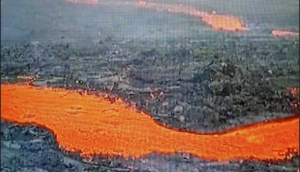
Hotter air holds more water, and a warming earth means both more frequent and more severe droughts, but also flash floods caused by massive precipitation rates. In Iran, more than 80 people were killed in recent flooding. Parts of eastern Kentucky in the United States were devasted last week by floods, with dozens killed. Cloud bursts and heavy rains in India set records in June, with massive one-day and three-day rain totals across a region accustomed to ‘normal’ heavy rain. The polar regions are heating up far faster than the rest of the planet, destabilizing weather patterns (such as the jet stream) and melting polar ice that raises sea levels, a threat to 40% of the world population that lives within 100 kilometers of a coastline. As the summer draws to a close, many of these communities are now bracing for another year of devastating hurricanes and typhoons. Climate change has often been regarded as the sole concern of developing countries, but these recent incidents highlighted universal vulnerabilities and risks posed by a warming climate.
Governments and societies have been hesitant to adopt sufficiently aggressive strategies to mitigate the worst-case scenarios predicted by climatologists. There is now no realistic path to achieving any of the three goals of the Paris Climate Accord. Trust in international diplomacy and cooperation were seriously compromised by former President Trump’s withdrawal from that agreement, highlighting to other states that its commitments could be easily disregarded. With the Inflation Reduction Act, which includes unprecedented measures to address climate change, set to pass the U.S. Senate, there is some hope that the world’s second largest emitter of carbon may soon move closer to the goals outlined in the Paris Accord. As national governments confront the daunting task of adapting their infrastructure to combat climate change, it is essential that the top emitters lead by example on policy adoption and implementation.
The costs associated with transitioning the global economy towards sustainable energy will be enormous. The task of integrating renewable energy sources into local infrastructure will require extensive construction of transmission lines and rewiring of electrical grids. The transition will be akin to the painstaking process of adopting indoor plumbing or electricity and will be equally transformative. Naturally states will prioritize their domestic transitions, but like the COVID-19 pandemic, climate change is a universal threat and early industrializers like the U.S. and Europe must support states in the Global South as they grapple with this challenge. Within developing countries, governments must also ensure those most vulnerable to the effects of climate change receive support. While the international community has signified its commitment on paper—and many countries have tried to act individually—the sense of urgency is still far from what many believe it should be. Climate activists are staging protests and demonstrations more frequently, with mounting frustration that world leaders still do not fully appreciate the severity of what many see as an existential threat. Preservation of the environment for the “white race” has also become a rallying cry for some extreme right-wing groups, and “eco-fascism” and “eco-terrorism” have become concerns for counterterrorism practitioners. Strong international cooperation remains the only way to respond to this urgent crisis (TSC).



